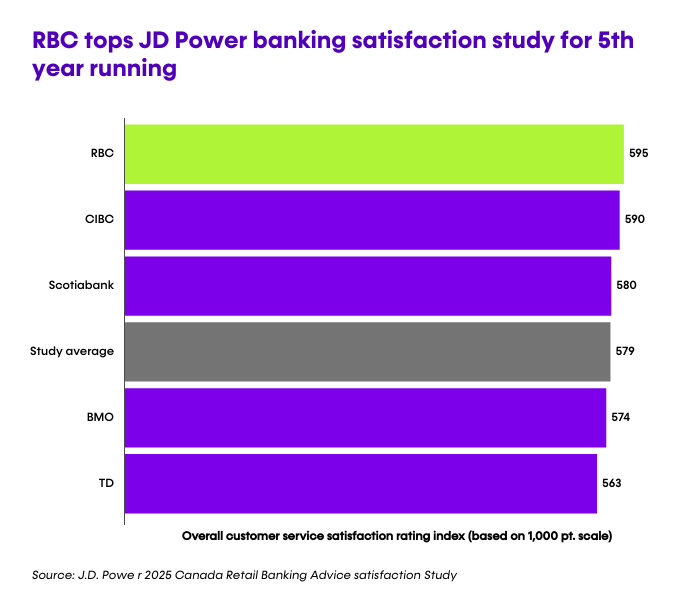Purchasing an old fixer-upper can come with its fair share of risk, but that doesn’t exactly guarantee that a newly-built house won’t give you any headaches.
A new study from Realtor.com shows that Florida is among the top states in the nation for volume of new builds, accounting for 11.8% of all new home construction permits in 2024. But as FOX 13 recently discovered, quantity doesn’t always beget quality.
Don’t miss
- I’m 49 years old and have nothing saved for retirement — what should I do? Don’t panic. Here are 6 of the easiest ways you can catch up (and fast)
- Want an extra $1,300,000 when you retire? Dave Ramsey says this 7-step plan ‘works every single time’ to kill debt, get rich in America — and that ‘anyone’ can do it
- Robert Kiyosaki warns of a ‘Greater Depression’ coming to the US — with millions of Americans going poor. But he says these 2 ‘easy-money’ assets will bring in ‘great wealth’. How to get in now
For the past two years, FOX 13 has investigated claims of faulty home construction, uncovering alarming trends that prompted the Florida Attorney General’s Office to launch a formal investigation.
Here’s why new builds can go so wrong, and how you can avoid falling victim to shoddy construction.
Widespread issues with new builds
New housing developments are exploding across Florida. If you search for new construction homes in the Greater Tampa Bay Area on sites like Zillow or Realtor, you’ll find thousands of new builds, many of which in massive developments like Victoria Lakes in Odessa.
Starkey Ranch, a massive community development spanning 2,500 acres with over 5,000 homes, became a focal point of the construction investigations. Homes in Starkey Ranch were built by a number of different builders, including Taylor Morrison, which built 160 homes in the community. When construction was complete, at least half of the homes that Taylor Morrison had built needed some form of remediation.
And the stories from homeowners living in these troublesome new builds are both shocking and heartbreaking. Niteeja Likhite, for example, discovered severe issues with leaking in her brand-new home.
"One day I was in the kitchen, and it started pouring on top of my head, and I was like, where is this water coming from?" Likhite told FOX 13.
Hillsborough County Commissioner Joshua Wostal, who is keeping a very close eye on the situation, also has a few horror stories to share.
"I do have friends that were up there in Starkey Ranch and the mold was so bad that it started to crack their counters, and they were displaced," said Wostal.
Eventually, Likhite learned the issue in her home was the result of an improperly installed shower pan. But when she contacted Taylor Morrison about moisture problems, the company’s customer experience manager provided the following response.
“The pictures indicate a lack of homeowner maintenance, and Taylor Morrison is not responsible for this, whether reported within the warranty period or not.”
Read more: You don’t have to be a millionaire to gain access to this $1B private real estate fund. In fact, you can get started with as little as $10 — here’s how
Resident frustrations bubbling over
Likhite’s frustration is shared by many. During the course of the two-year investigation, FOX 13 spoke with many Florida homeowners who also encountered mold in their newly-built homes.
Starkey Ranch homeowners even created a private Facebook group called “Taylor Morrison Mold of SR” with 53 members discussing mold, shower pan issues and a potential class action lawsuit.
Brad Gatin, a mold assessment expert who conducted high-level testing in the Starkey Ranch community, was fairly blunt when sharing his thoughts with FOX 13.
“Personally, from the results that came back, I wouldn’t want to have my family or to be exposed myself in a home like that,” Gatin said of the mold he encountered. Gatin also explained what he believes is the root cause.
“It seems to be stemming from poor ventilation, and then that’s causing all the ductwork to sweat, and then that saturates the dry wall, and then you have mold growth occurring.”
Regulatory challenges persist
The FOX 13 investigation revealed significant oversight issues with construction in Florida.
In Pasco County, the building department admitted that it couldn’t keep up with new builds during COVID and were allowing builders to use their own private inspectors — a practice that’s permitted by state law. The county has since updated its procedures to increase oversight, a move that came as a result of FOX 13’s investigation.
But construction companies hiring their own inspectors may just be the tip of the iceberg when it comes to home-building issues in Florida. Dave Murray, a Tampa-based insurance attorney, told FOX 13 that he believes the penalties for shoddy construction work just aren’t significant enough.
“Fines are not getting it done in the state of Florida,” said Murray. “When businesses make millions and billions of dollars a year, a fine is just something that they have to deal with.”
Protecting yourself as a homebuyer
Asked by reporters if Florida has a faulty home construction problem, structural engineer Tom Miller replied, “They do.” That’s because subcontractors don’t have an intimate knowledge of the code, and companies are failing to manage subcontractors adequately, according to Miller.
“They’re relying upon unlicensed subs to do their work and not going back and checking it," said Miller.
While Florida’s home construction process is a cause for concern, local homeowners aren’t left completely defenseless when facing construction nightmares. Homeowners can pursue breach of contract claims and leverage the Chapter 558 process, which requires contractors to be notified of defects and allowed to respond within 60 days.
The Florida Attorney General’s Office also provides critical support, offering homeowners multiple channels to address construction defects. However, the state only allows a four-year window from the discovery of any defect to file a claim, as well as a seven-year deadline for filing claims.
Here are a few other tips that potential homebuyers might want to exercise before purchasing a brand-new home :
- Don’t take the builder’s word for it: Always hire an independent, professional inspector before purchasing a property.
- Document everything: Take detailed photographs during the inspection, maintain comprehensive communication records with the builder and carefully note any potential issues that may arise.
- Be vigilant: Look beyond surface-level appearances to check out all aspects of the new build.
- Know your rights: Keep yourself updated on local, state and federal laws that apply to homebuilding.
Since shoddy construction is not a problem that just affects those living in Florida, Likhite has some words of advice for anyone potentially buying a newly-built home.
“My only message to them is do thorough inspections,” said Likhite. “Do not trust these big builders.”
What to read next
- Financial aid only funds about 27% of US college expenses — but savvy parents are using this 3-minute move to cover 100% of those costs
- Here are the 6 levels of wealth for retirement-age Americans — are you near the top or bottom of the pyramid?
- Here are 5 ‘must have’ items that Americans (almost) always overpay for — and very quickly regret. How many are hurting you?
- How much cash do you plan to keep on hand after you retire? Here are 3 of the biggest reasons you’ll need a substantial stash of savings in retirement
Money doesn’t have to be complicated — sign up for the free Moneywise newsletter for actionable finance tips and news you can use. Join now.
This article provides information only and should not be construed as advice. It is provided without warranty of any kind.


